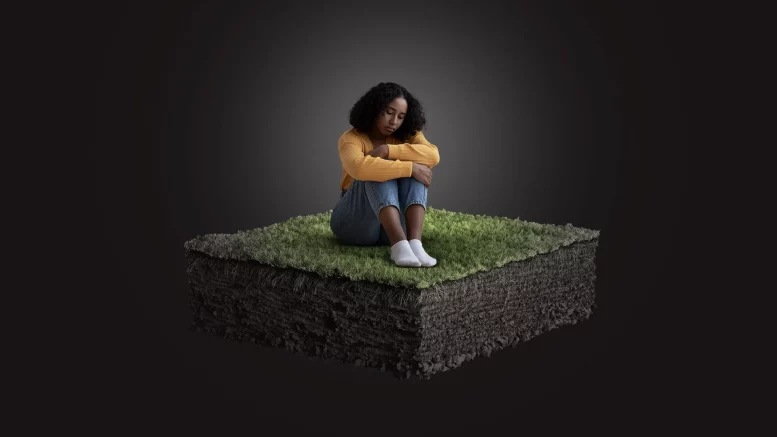In Washington, D.C., many residents are grappling with feelings of isolation amidst what some describe as a national loneliness epidemic. This issue extends beyond mere sentiment, as loneliness can have severe implications for both mental and physical well-being, potentially shortening lifespans.
The city’s transient nature, exacerbated by political job cycles and high living costs, has historically made it challenging for adults to forge meaningful connections. However, factors such as the enduring impacts of the COVID-19 pandemic and the prevalence of remote work have heightened feelings of disconnection among locals.
Nearly half of Washington, D.C.’s households comprise single occupants, a statistic that, while not synonymous with loneliness, is associated with elevated rates of self-reported depression. Furthermore, remote or hybrid work arrangements have become commonplace, with the federal government, the region’s largest employer, yet to implement a definitive plan for office returns. Concurrently, soaring housing prices have prompted some individuals to seek more affordable living arrangements outside the city, contributing to its shifting demographic landscape.
Northern Virginia has witnessed significant out-migration, particularly over the past decade, according to a report by the University of Virginia’s Weldon Cooper Center. This flux of residents has become a defining characteristic of life in the nation’s capital, with long-term friendships often disrupted by departures from the city.
The process of reestablishing social connections post-COVID has proven challenging for many. While individuals are less lonely compared to the height of the pandemic, there persists a sense of isolation attributed to ongoing habits of reduced socializing, delays in familial and marital commitments, and a continued reliance on virtual interactions over in-person gatherings.
Community-building organizations like City Girls Who Walk DC and DC Fray report an uptick in event attendance from individuals seeking meaningful connections and human interaction amid the prevalence of remote work.
Washington, D.C.’s high proportion of one-person households mirrors a national trend, with the rate steadily rising over the years. Legislative efforts and local advocacy groups are pushing for increased awareness and action on this issue. Proposed bills like the Addressing Social Isolation and Loneliness in Older Adults (SILO) Act aim to allocate funds towards programs and research addressing loneliness.
Combatting loneliness can be daunting, but mental health professionals recommend taking proactive steps to increase social connectivity. Whether through reaching out to friends, joining community groups, or volunteering, fostering interpersonal connections is essential. Pets also play a significant role in facilitating social interactions and companionship for many residents.
Ultimately, addressing loneliness requires a multifaceted approach that encompasses legislative support, community initiatives, and individual efforts to prioritize social well-being.

